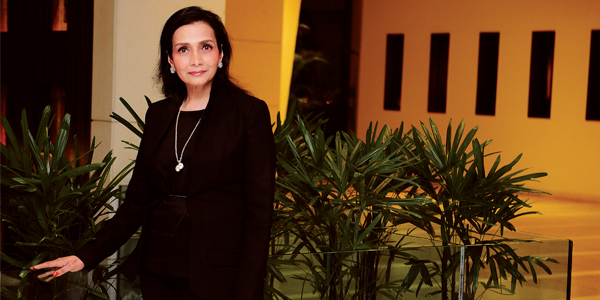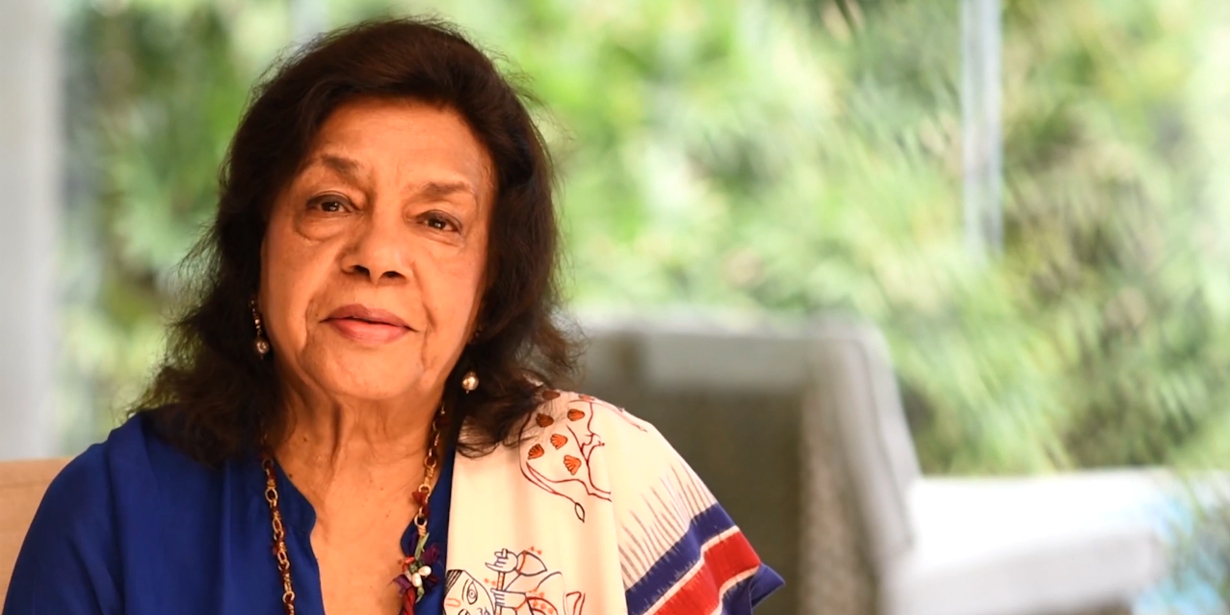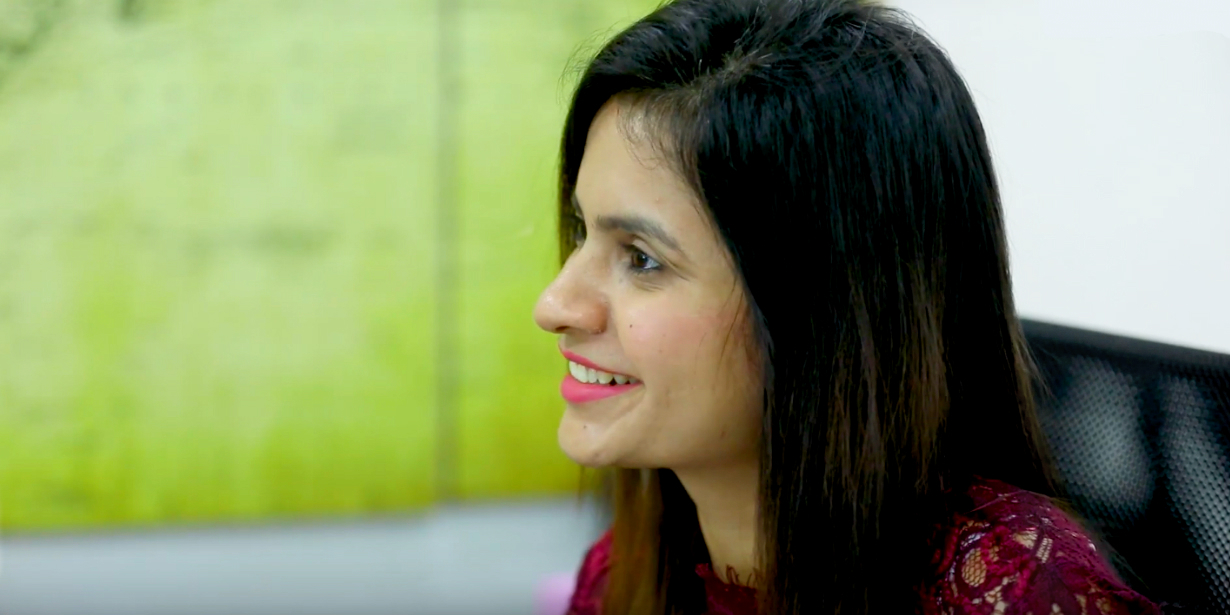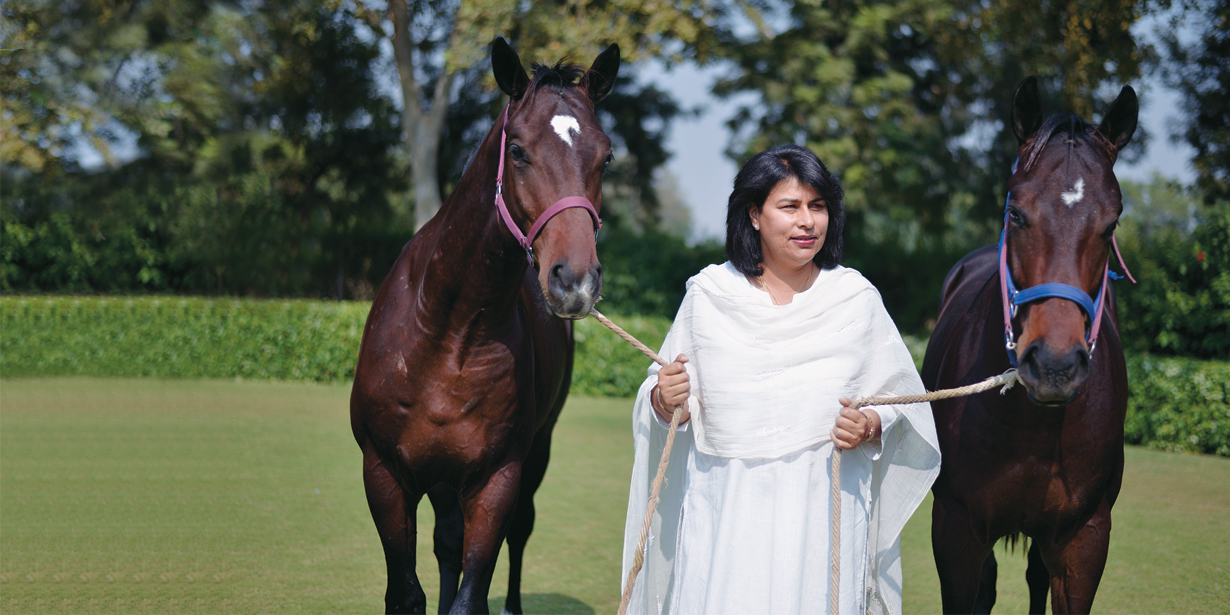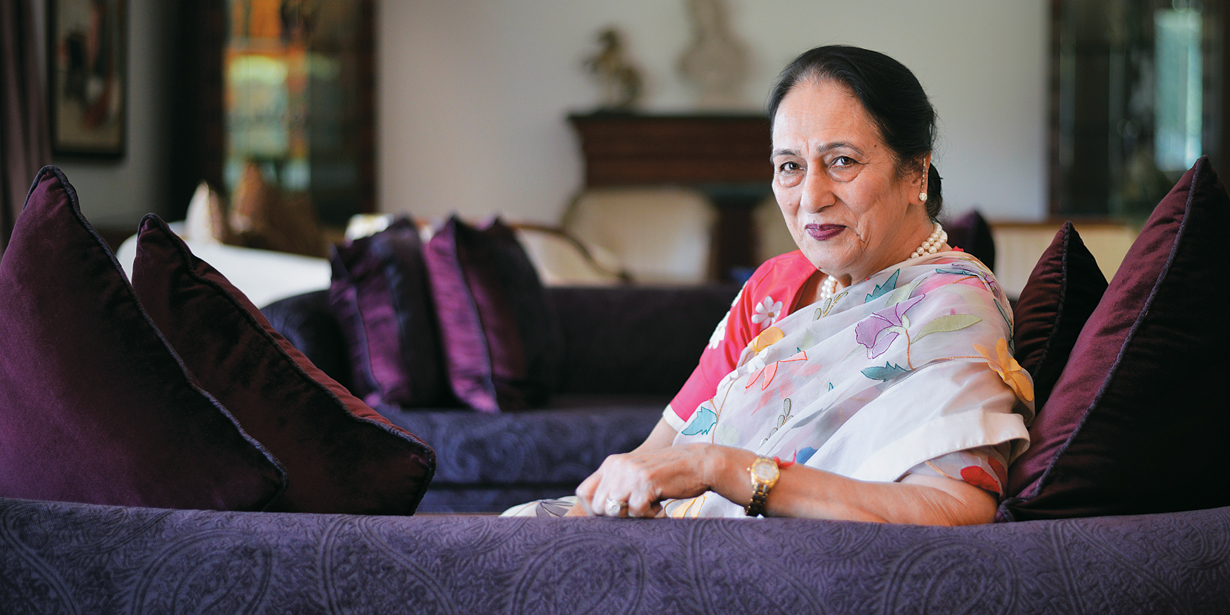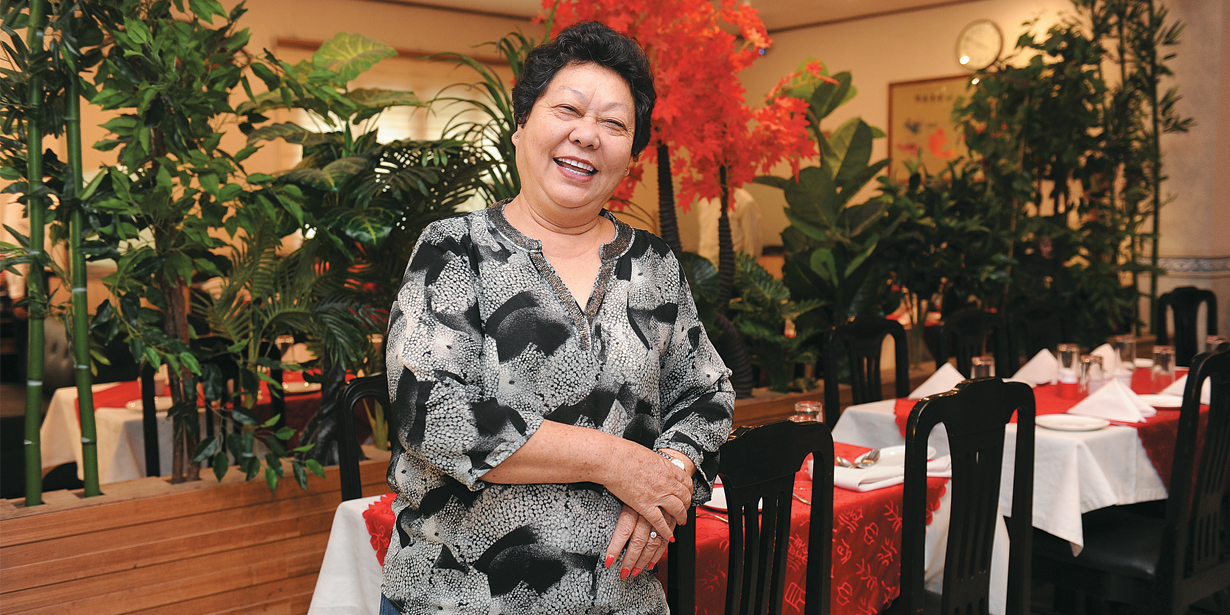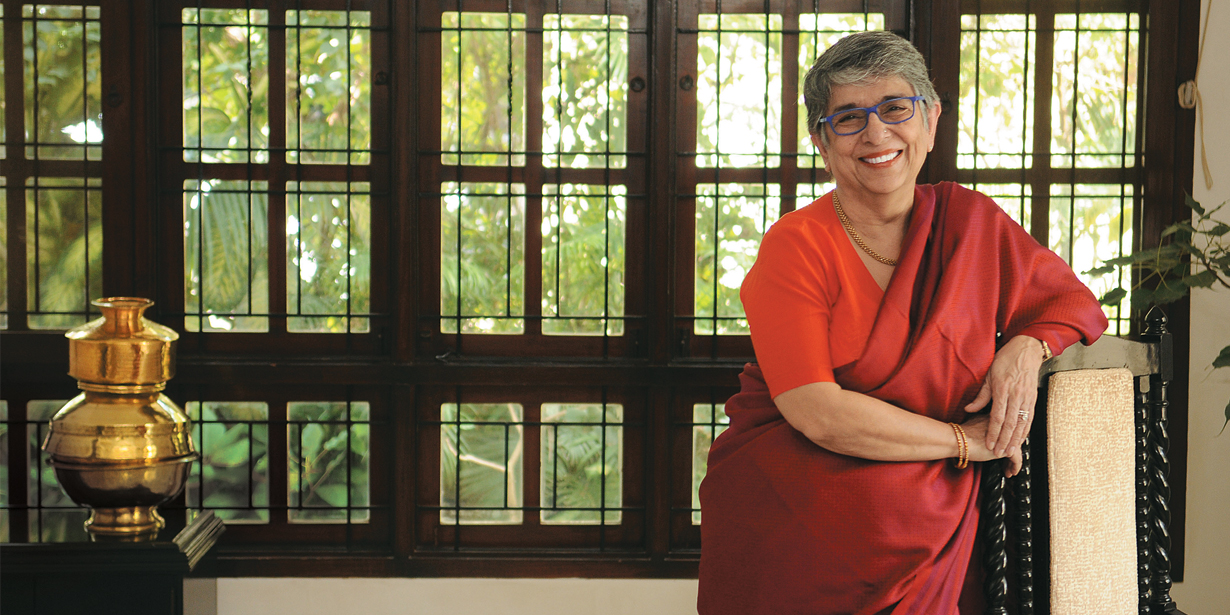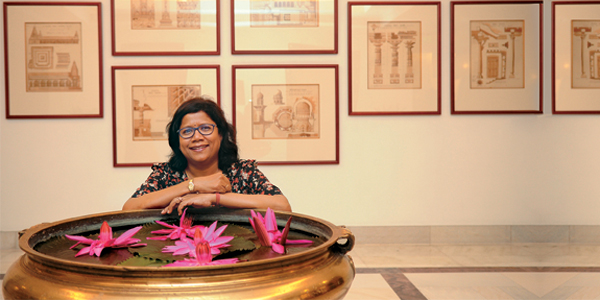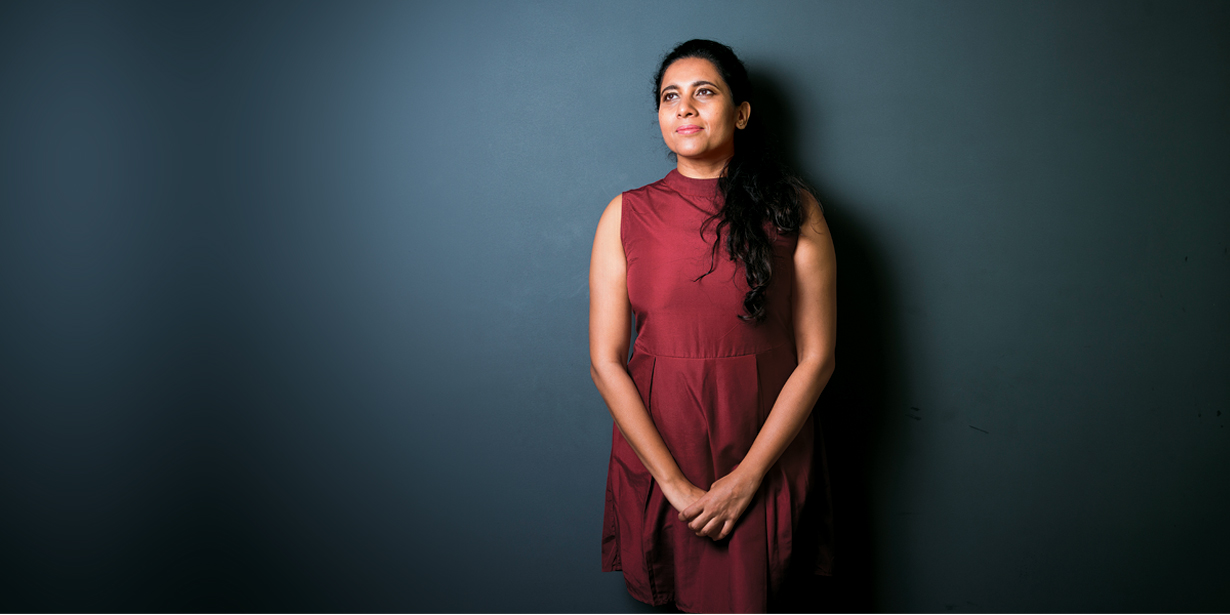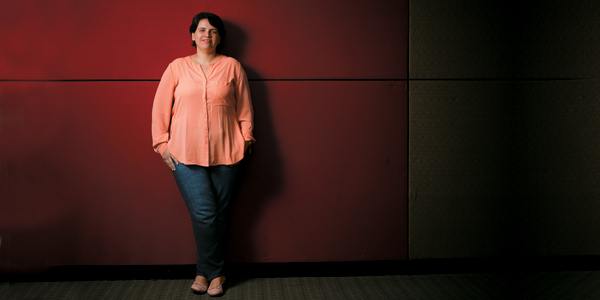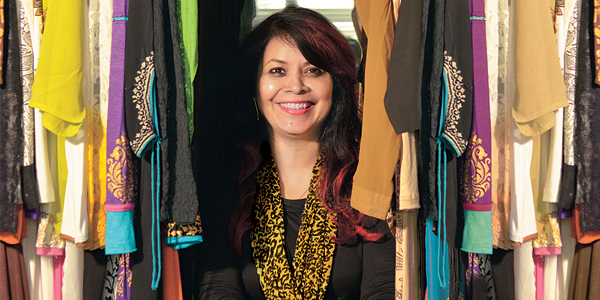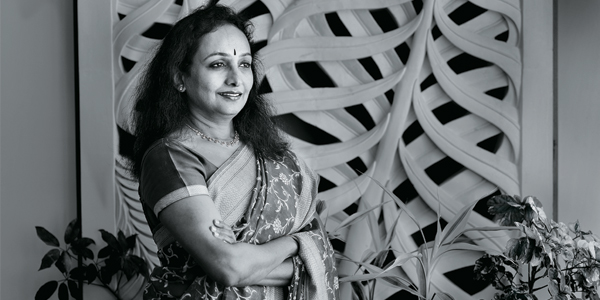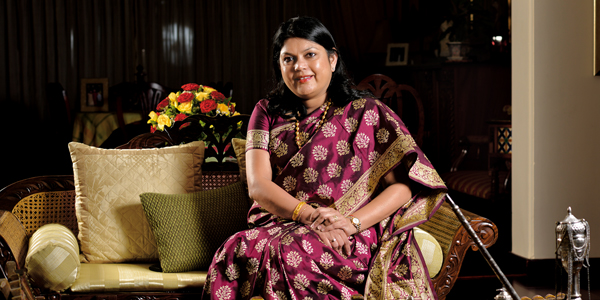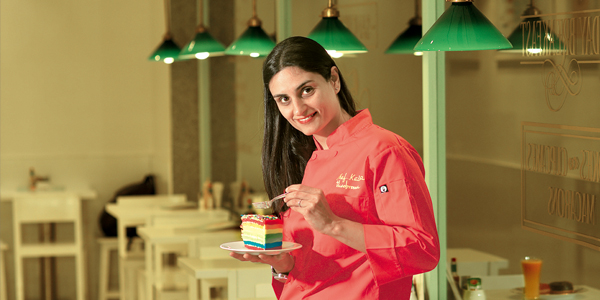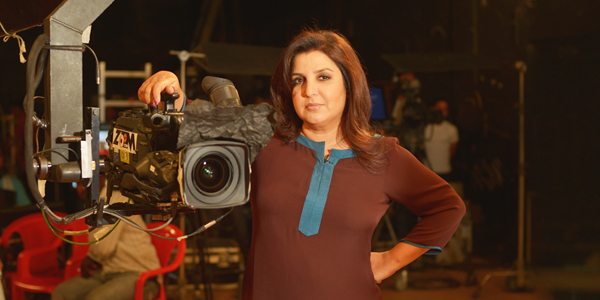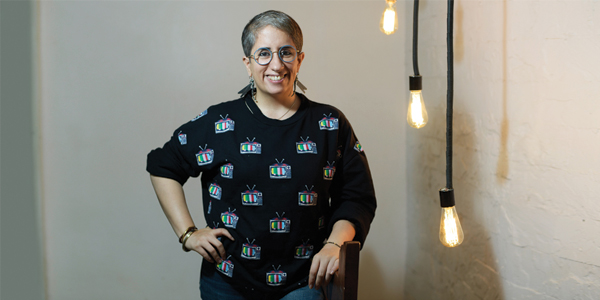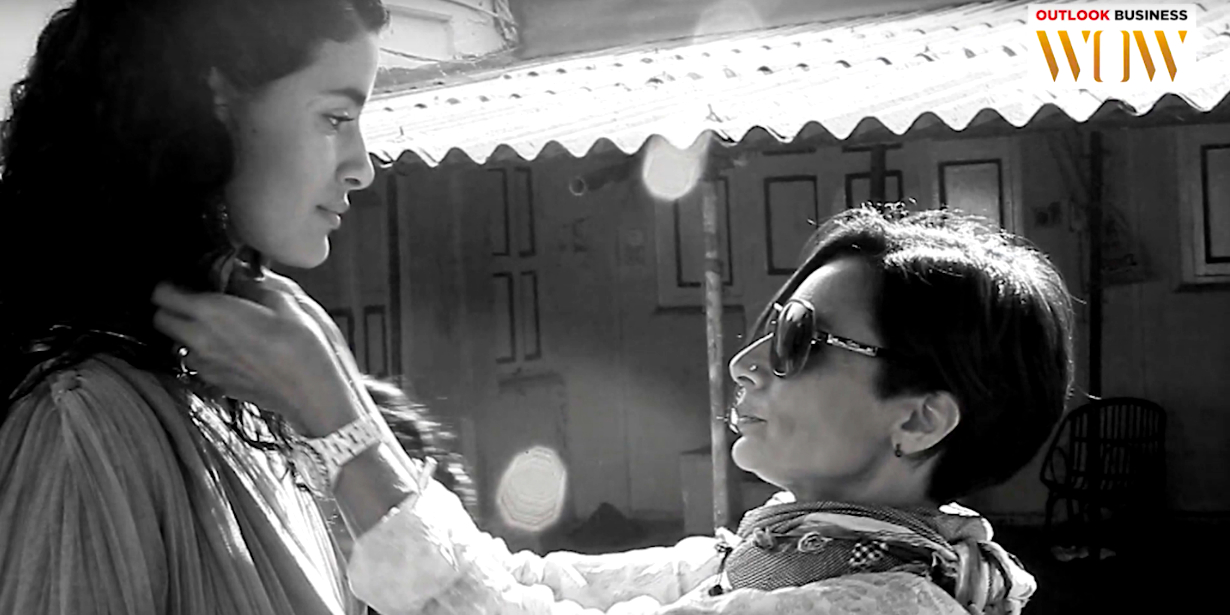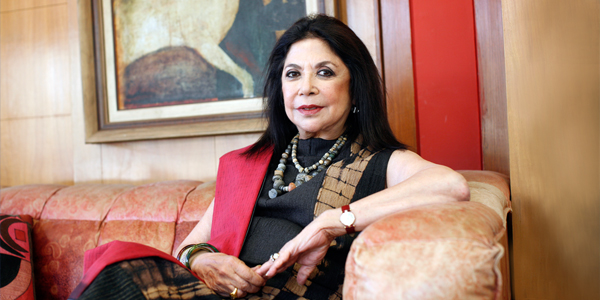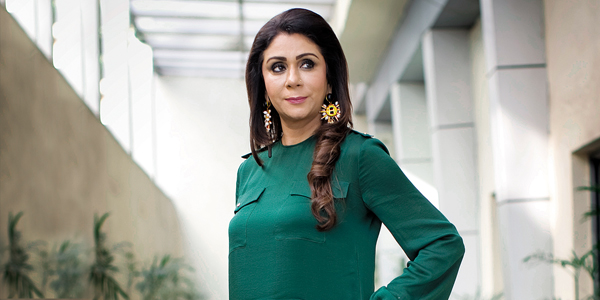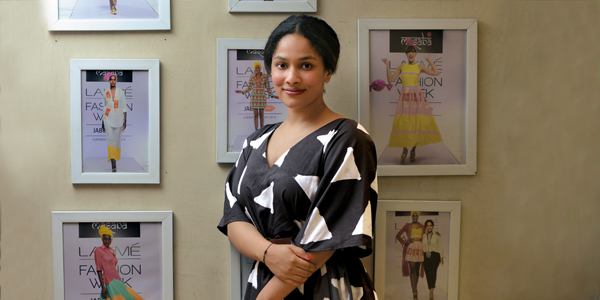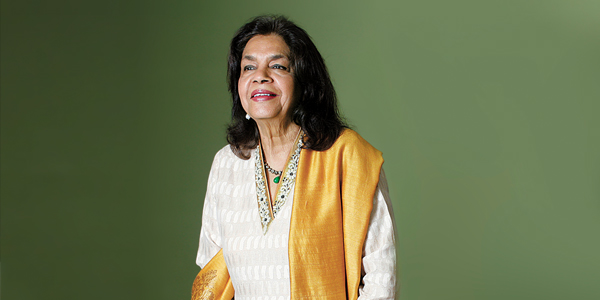From creating a library for pocket money at 7, to founding three flourishing businesses starting at 21: Meet hustler Monisha Advani
Monisha Advani shares her checklist for success in the entertainment business
If a seven-year-old says she owns a business, what would your first reaction be? If she insists that she is an entrepreneur, would you believe her? Probably not. This is the story of one such young hustler, who was fascinated by characters in Enid Blyton’s books that would earn their pocket money by doing odd jobs. She drew inspiration from this and decided to start her own library business, one that made a profit of Rs.2.25 over a month in those days. However, the housewives in the building complained to the girl’s mother about her taking money from their children. And this was the end of her very successful, yet short-lived business. When confronted, the girl proudly said, “I am running a business!” As a daughter of two working professionals, where she learnt the word ‘business’ no one knew! This born entrepreneur is Monisha Advani, and this is her story.
The co-founder of Emmay Entertainment got her hands dirty in the big bad world of business as a young 21-year-old. She dropped out of her college in the US when she was 19, because she “was insolent enough to think there was nothing in the classroom that cannot be learnt by oneself. So, I decided to drop out of university and return home like a true black sheep.” Like most families, Advani’s parents weren’t too happy about her decision, but eventually warmed up to it. Now, her mother is her biggest support system. Advani currently lives with her parents as flatmates, and enjoys the new equation.
In 1989, she set up her first business in the student counselling segment, called Emmay Consultants, which focused on assisting students to find universities to study abroad. Her work put her on the Persons to Watch For, Asiaweek in 1993 and got her featured as Savvy Magazine’s Woman of the Month in 1992. Though the business got off to a good start, it was her relentless pursuit that made her look out for new and different avenues. “I was looking for something that had more longevity, and so along with my childhood friend Madhu Bhojwani, I decided to move into the HR space in 1996,” Advani says.
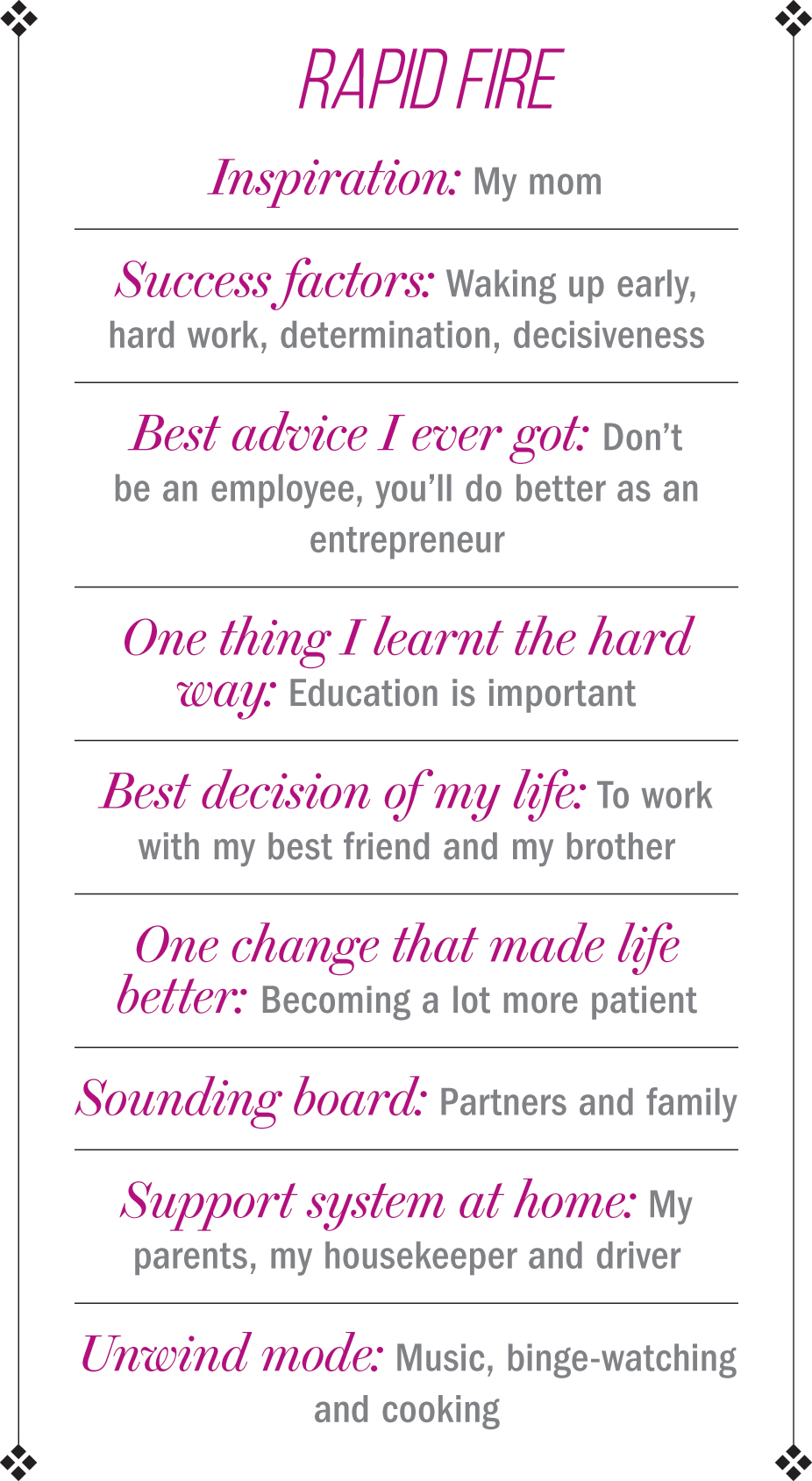 Dreaming big
Dreaming big
After going through their fair share of difficulties, the duo was able to procure a loan of Rs.3 lakh from the Union Bank of India to set up their first company. But why call it Emmay? Advani laughs, “As kids, Madhu and I would joke that if there can be a company called Essar, one day we’ll have a company called Emmay.” That joke turned into reality, and EmmayHR was launched in 1996. With pride and gleaming eyes, she talks about how they took the loan at 22% interest instead of 18% (the market rate at the time) since they did not have any collateral to offer at the time. “We paid back the loan with interest within three months, and I think that was the only debt exposure we ever had in any business after that,” she boasts, and rightfully so.
In those days, for two women to start their own business was rife with innumerable difficulties. “Madhu and I have grown up very aware of the world we operated in,” she explains. They like to refer to themselves as ‘dormant feminists’ who know when to channel their energy and use it correctly. She narrates an incident that has stayed with her since 2000. “An employee decided to leave EmmayHR and when asked why, he explained that his elder brother said in Gujarati, ‘Aa su be nani nani chokriyo ni nani nani company ma kaam kare che?’ (Why are you working for such a small company run by two young girls?) It’s been 17 years now and I have not forgotten those words.” They took it as words of encouragement in their stride and decided to prove those men wrong. EmmayHR went on to become a pioneer in the HR space and was later bought over by Randstad in 2005. She continued as the managing director (India) and in 2009, she decided to quit.
Being an entrepreneur is no mean feat, but Advani enjoys every bit of it. “I’m good at making other people’s dreams come true. It is magical to see someone you have invested in do well and grow. I look back and see the people who started their careers with us at EmmayHR and are today heads of companies and departments. For me, that’s the best kind of bank balance.” It was almost as though she was addicted to the idea of seeing people go, chase their dreams. From April 2009, she took a much-deserved break and began groundwork on her next venture — MyFirstCheque, which they began as an experiment in 2010 with the hope of mentoring and investing in startups. Although the fund has ceased investing, its existing investments are being nurtured for exits by the three seed investors. Advani continues to invest in startups in her personal capacity, though. Some of her investments include, Jombay (human resource consulting company) and Ping Digital (television production company). She says, “The reason I invest in startups is because nobody invested in us. Madhu and I always wonder — had somebody taken a bet on us, would we have done even better?”

Leaping to Entertain
The Bhojwani-Advani partnership has been going quite strong. Today they continue to rule the film industry with Emmay Entertainment, a production company they founded along with her brother, filmmaker Nikkhil Advani in May 2011. Some of their work includes Lucknow Central, Airlift and D-Day. “Businesses work best when they have been built by best friends or by family members, because the unconditional trust that goes with such bonds is not tradable,” remarks Advani. The transition from HR to entertainment was not easy. She believes that when the product you’re doing business in changes, you have to start afresh. Did she have to change herself too, to survive in an industry as fierce as films? “Absolutely. I’ve learnt to be an invisible leader and let others take the lead. I’ve always been the face of all my other businesses. Here, I made a conscious effort to not be in the limelight,” she explains.
The trio’s new venture was an attempt to stand out in the already overcrowded entertainment business, and to do that they had to change the way they would work in the industry. So, their main objective was to professionalise it. When they started off, it was a challenge to get people to understand concepts such as financial accountability. With regards to the industry itself, they simply focused on the budget. “This is a lifestyle business whose scale is limited since you are supporting the lifestyles of the people running the business,” she says. “People would come up to us and say yeh budget hai, picture banani hai. To be clear and cautious, we would ask them about financial accountability, which would baffle them because they only understood the film and its budget.” She believes the science behind what works in the film industry and what doesn’t can be mapped out and embraced by producers. This, she feels, will help them scale up.
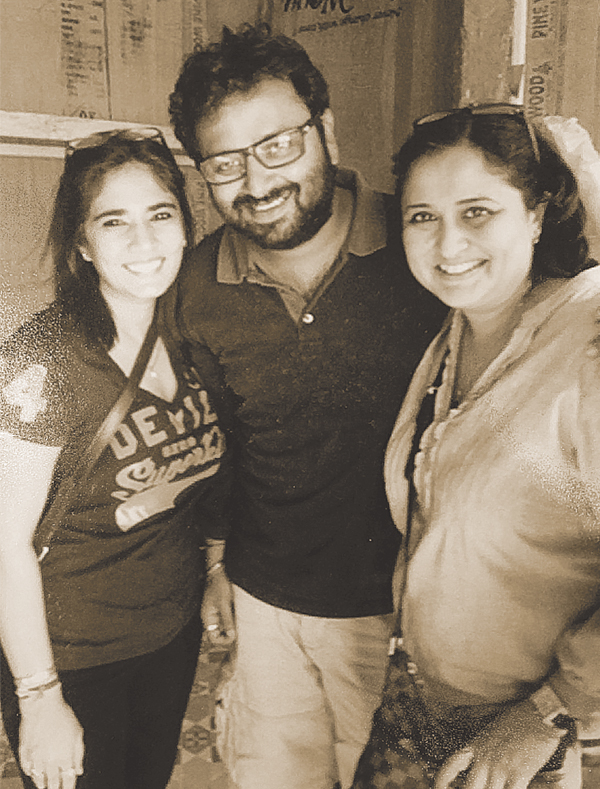
Advani believes there aren’t enough entrepreneurs in this business. “If there were, they would be putting back what they make into the business. We have the kind of consumer demand that would enable us to grow 100% YoY. That is where we, as a small company, are disrupting the market.” She recalls a time when a fellow producer walked inside and asked them if they even needed an office. Most people in the industry rent a place when a movie is in progress and then shut it down. The 47-year-old says, “This would simply grow our bank balance and not a company. Being an entrepreneur and being a businesswoman are two different things. We are entrepreneurs.”
Win some lose some
Nikkhil heads the creative department, Bhojwani looks after the financial and legal aspects of things, whereas Advani looks over marketing, but jokes about being the invisible glue — keeping it all together. Failure in an entrepreneur’s life is nothing new nor unheard of; the way it is handled by individual entrepreneurs is what makes it interesting. And Advani likes to deal with failure by sleeping. She feels it helps her shut off her brain, keep negativity at bay. But is failure, in the film industry any different from that in other business? “The glory is short-lived, while failure is permanently etched. You have to be tough, learn to take failure in your stride and move on. Tougher than that, however, is pushing your team to get back on their feet,” she says. While her passion is still the same, ten years down the line, she hopes to own only 10% of Emmay and wishes for the rest of it to be nurtured by the people handling the business currently.
For someone like Advani, who got into business, at a very young age, there is no let up in pressure or stress, yet she is far from giving up. “It takes a lot of courage to be an entrepreneur,” she says. A major responsibility of an entrepreneur, after all, is to inspire people to keep going. “If you keep doing what you are supposed to be, you will get somewhere. I keep that faith,” she adds. The born entrepreneur is an early riser and races the sun, no less. “I try to beat the sun. The day I wake up before the sun rises, I know it’s going to be a great day.”












